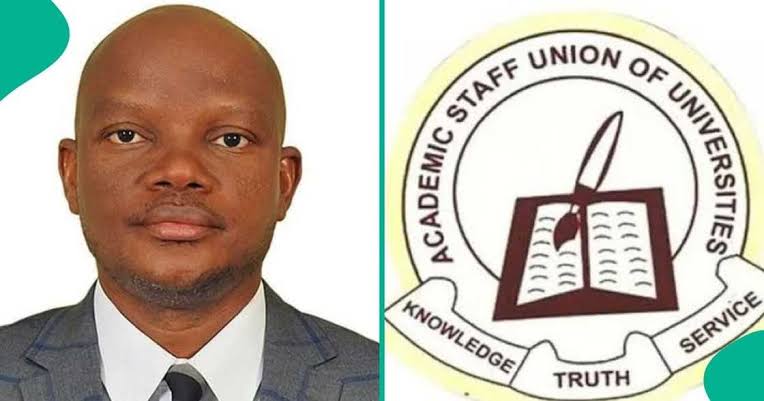
• Lawmakers tackle minister on issuance
The Ministry of Interior has generated N1.195 billion from January to October this year, thereby surpassing its budgetary target of N600 million revenue from issuance of expatriate quotas in the 2023 fiscal year.
The National Assembly, however, through its joint committee of the Senate and House of Representatives on Interior, took up the ministry on issuance of the expatriate quotas, which, it says, served as an avenue for stealing jobs from Nigerians by expatriates.
Merit and demerits of issuance of the expatriate quotas by the ministry to deserving foreign companies came up during the budget defence session, which the Minister, Olubunmi Tunji-Ojo, had with the Joint Committee on Interior, yesterday.
The minister, in his presentation, indicated that in 2022 and 2023 fiscal years, the ministry surpassed its budgetary revenue projections on expatriate quotas and marriages.
He specifically told the panel that in 2023, while N600 million was targeted as revenue to be generated from issuance of expatriate quotas to deserving foreign firms in the country, N1.195 billion was generated as at October 31, 2023.
“Aside from the projected revenue from expatriate quotas that had been surpassed by about N600 million extra, the N380 million projected revenue from marriages has also been surpassed by over N500 million with N892.774 million realised as at October 31, 2023,” he said.
But the Chairman of the joint committee, Adams Oshiomhole (APC Edo North), told the minister that while it is heartwarming that the ministry surpassed its revenue targets on issuance of expatriates quotas, the policy is giving room for expatriates to takeover jobs meant for Nigerians in the country.
“Your ministry needs to regulate issuance of the quotas very well, as I have on good authority that prisoners from foreign lands are working in Nigeria as construction workers.
“This is even different from the age long fraud the oil companies have been carrying out in the country through the policy of expatriate quotas by making our qualified engineers to work under foreign technicians.”






